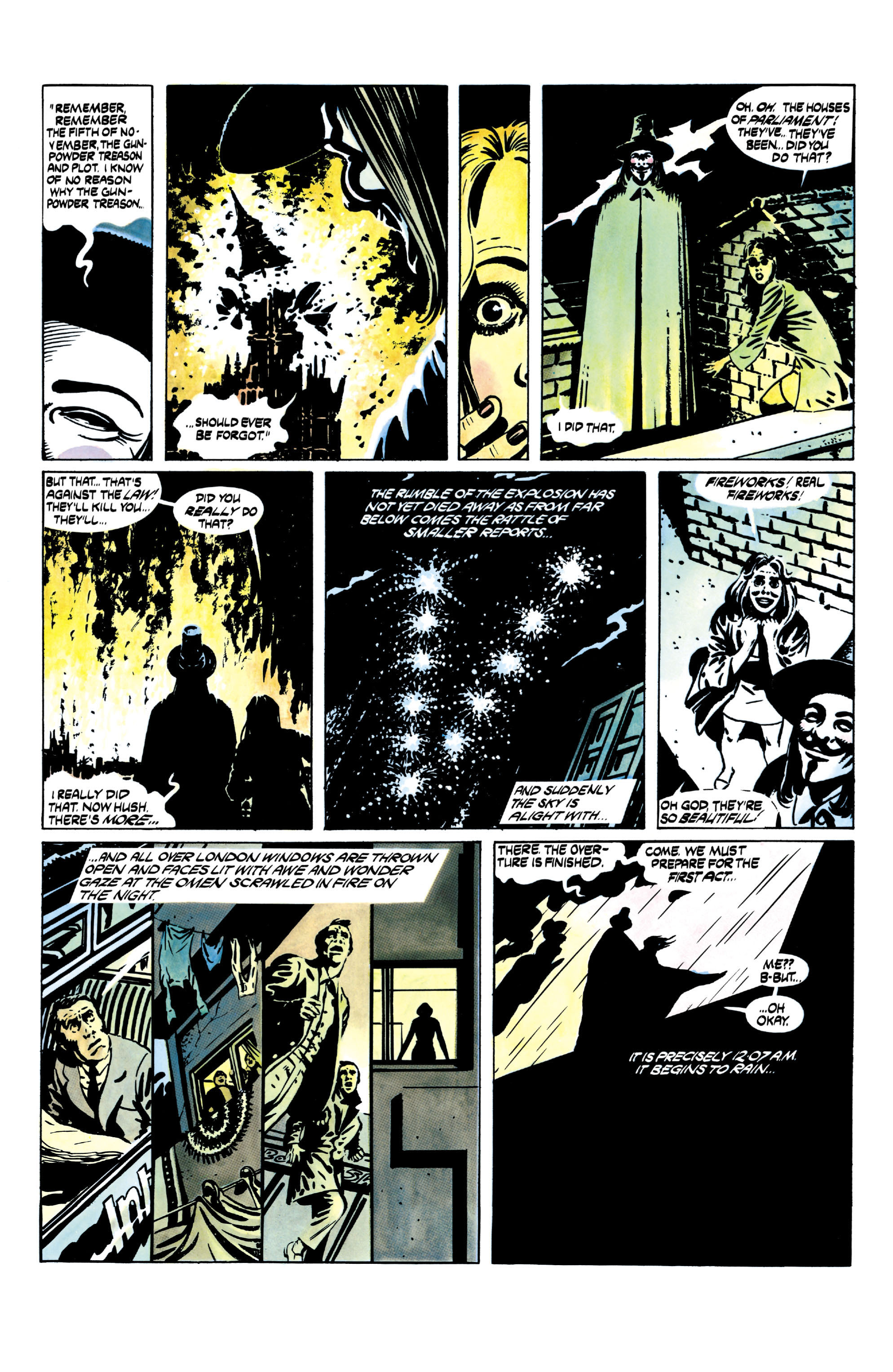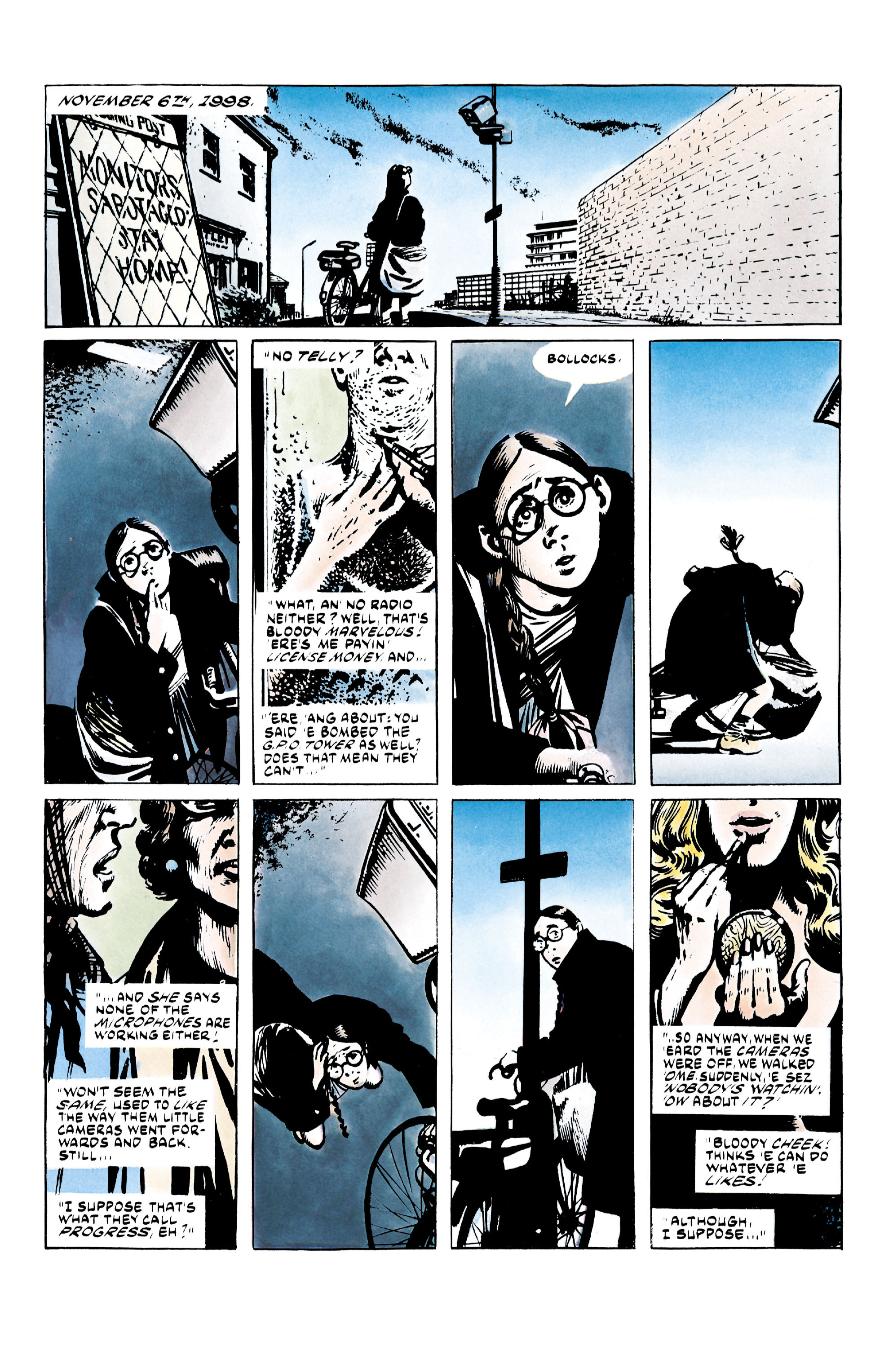
Which, in the book, is pretty clearly what V is doing.

He wasn't trying to overthrow a corrupt government for the good of the people at all, he was trying to overthrow a corrupt government to serve his own self-interests and the interests of the corrupt governing body that hired him. Guy Fawkes was among them (led them?), they planned to blow up Parliament, the rozzers found out, Guy Fawkes was arrested and hanged, and there's now a national holiday in the UK where they burn the dude in effigy. They tried a few methods to discredit the new church, and eventually settled on just hiring some devout Catholic mercenaries to go assassinate the king. Grossly oversimplifying (my middle name!) the Catholic church didn't like this. He placed himself as the head of the church, declared it the state church, and blew a giant raspberry at the Pope across the channel (probably). See, a little while before this King Henry the "Where-Are-All-These-X-Chromosones-Coming-From" started a new church, the Church of England, because there were a few things he didn't like about Catholicism. The premise of the gunpowder treason was that the Catholic church wanted to regain control of England. Because Guy Fawkes wasn't a revolutionary he was a mercenary. At least, not intentionally.īecause the movie, rather than just settling on the idea that V is referencing the gunpowder plot because he's going to blow up parliament on the 5th of November, introduces the idea that V continuously references Guy Fawkes because he seems to idolize the dude as some sort of high-minded revolutionary in favor of justice. V in the book is a bit crazy and not nearly so. In the novel it's pretty clear that V, the titular revolutionary, was using the poem and the effigy of Guy Fawkes because his titular Vendetta was against specific government figures.

Guy Fawkes famously tried to blow up the houses of Parliament in London on the 5th of November in 1605 while Parliament was in session and the king was present. On the face of it this is perfectly reasonable. This stanza of what is essentially a nursery rhyme with no author is quoted multiple times throughout the film and the novel on which it is based. I know of no reason why the gunpowder treason Remember, Remember the fifth of November, But it wasn't too many years later that I finally read up on the context surrounding the 5th of November.
Read v for vendetta online movie#
Now I get this was a movie made primarily by American producers for American audiences, and as such basically nobody in the target audience was probably super familiar with Guy Fawkes.

But no, instead we're going to have a quick chat about Guy Fawkes. I could probably ramble at length over the political relationship between officials that govern and the populace they. I could spend time delving into the visual symbolism present in both the use of color and the use of shapes throughout the film.

I could spend the breadth of this review discussing how this movie felt like an interesting caution when it was new, along the lines of Orwell's 1984, but how it now feels like an overly optimistic reading of the events of the last few years. From that perspective V for Vendetta is honestly quite a bit more intelligent than the majority of its competition. The genre isn't really covered by the "comic book" moniker so often ascribed to it, instead falling most comfortably into the "political/philosophical thriller-action" subgenres. It's visually stunning, with a solid story, good script, and some absolutely stellar performances. The movie, on the other hand, is a solid recommendation from me.


 0 kommentar(er)
0 kommentar(er)
